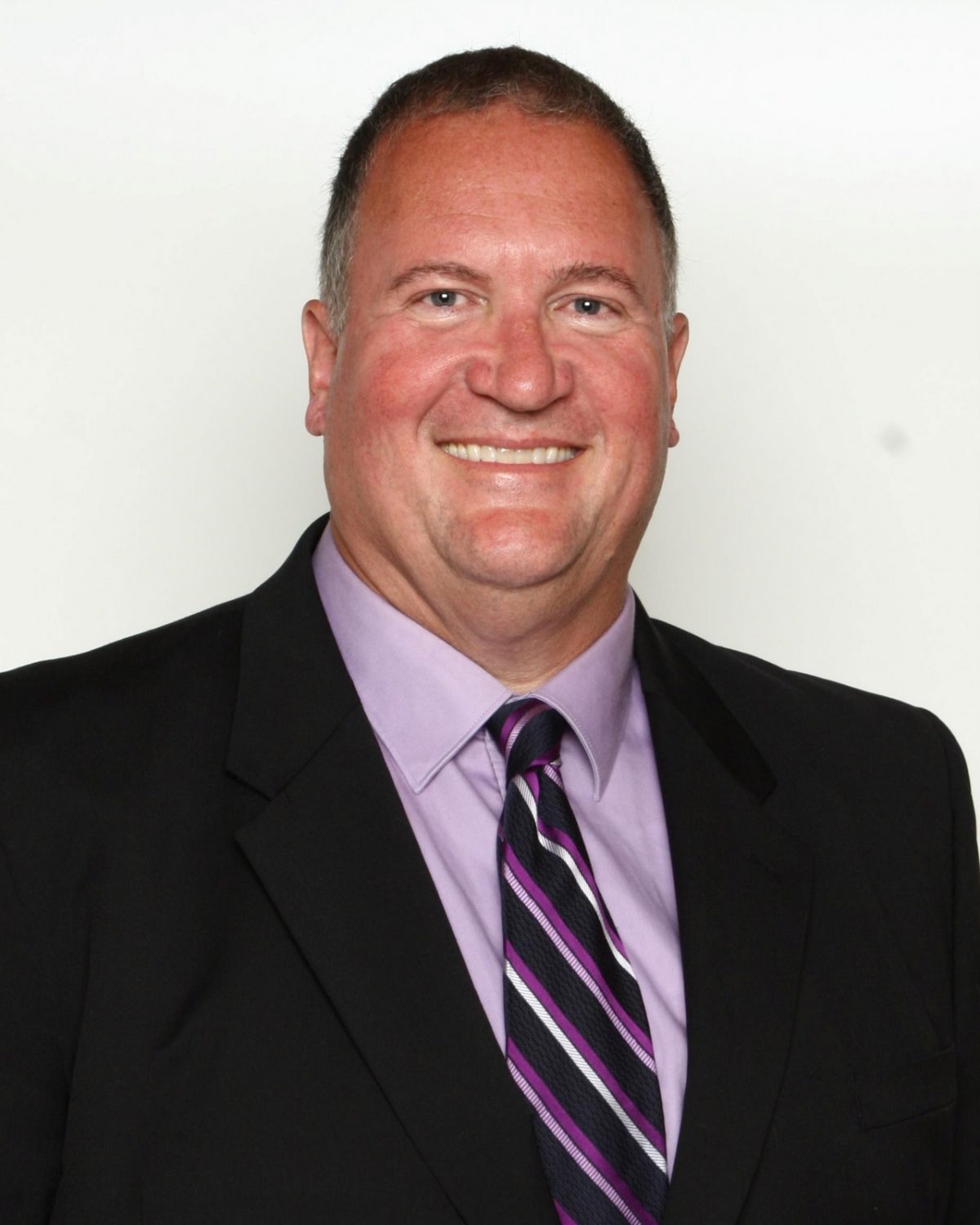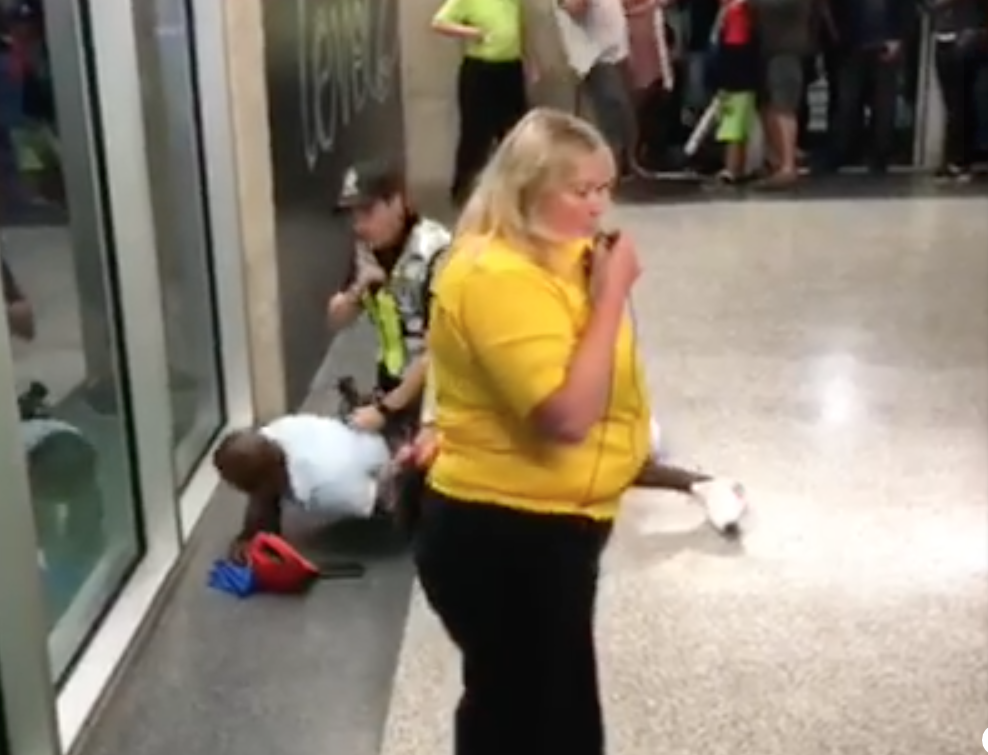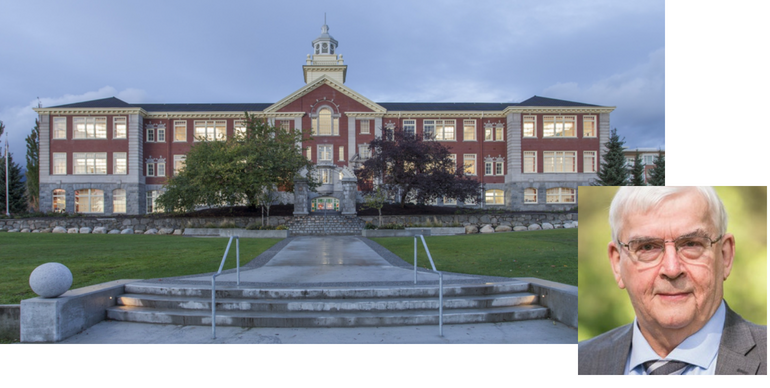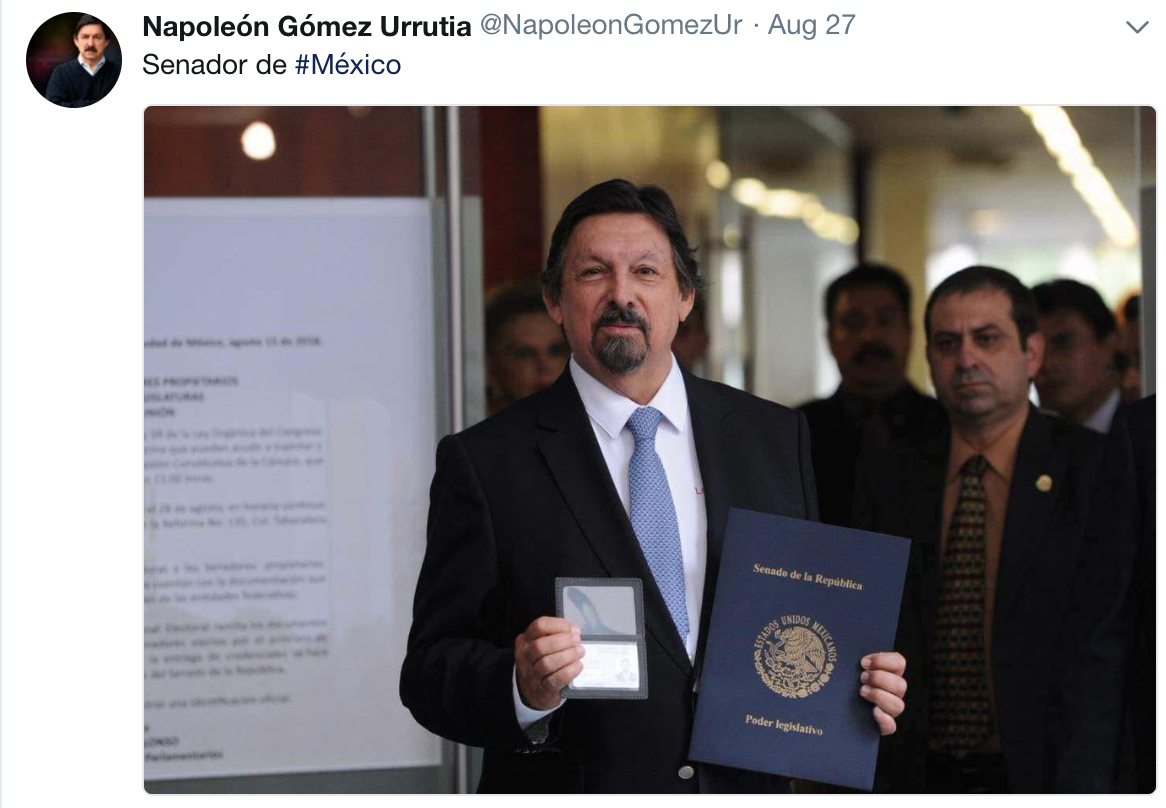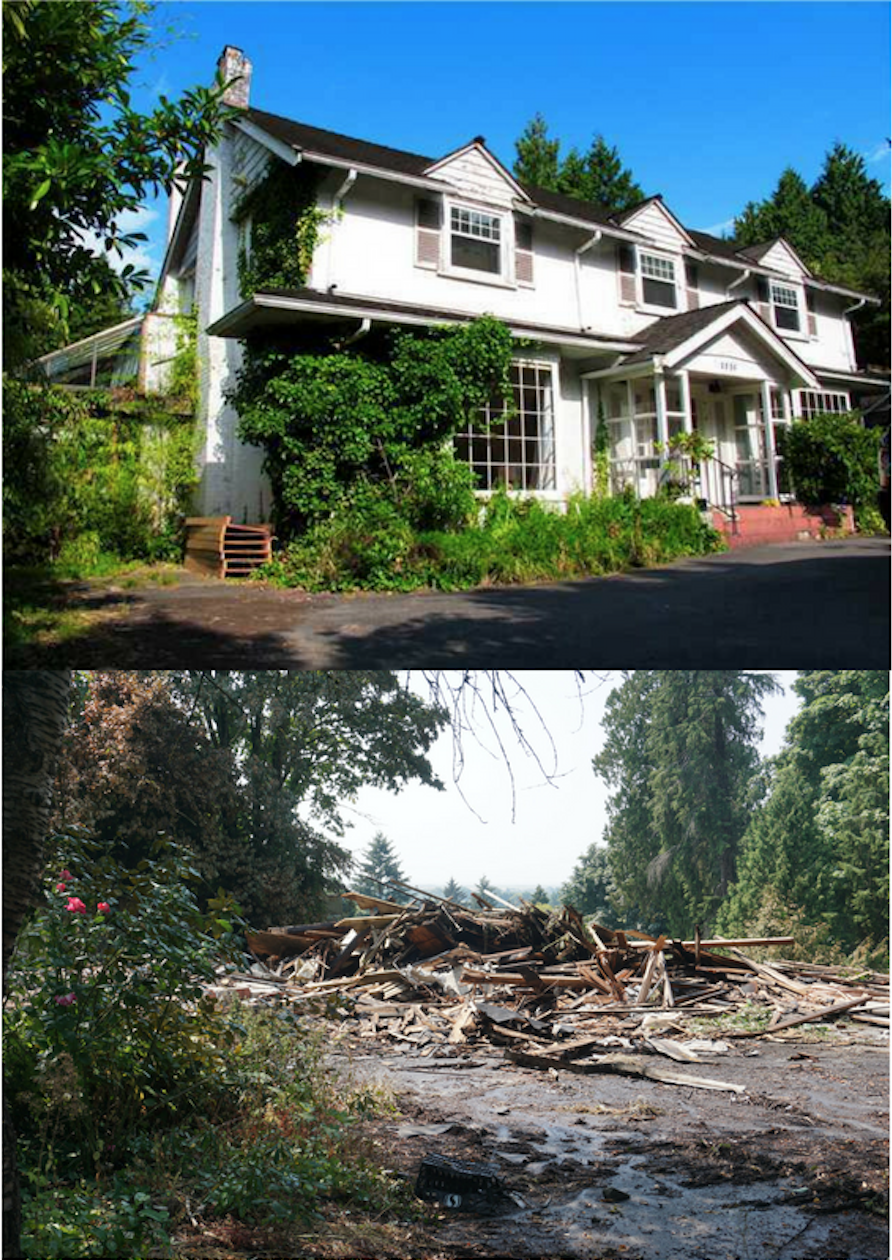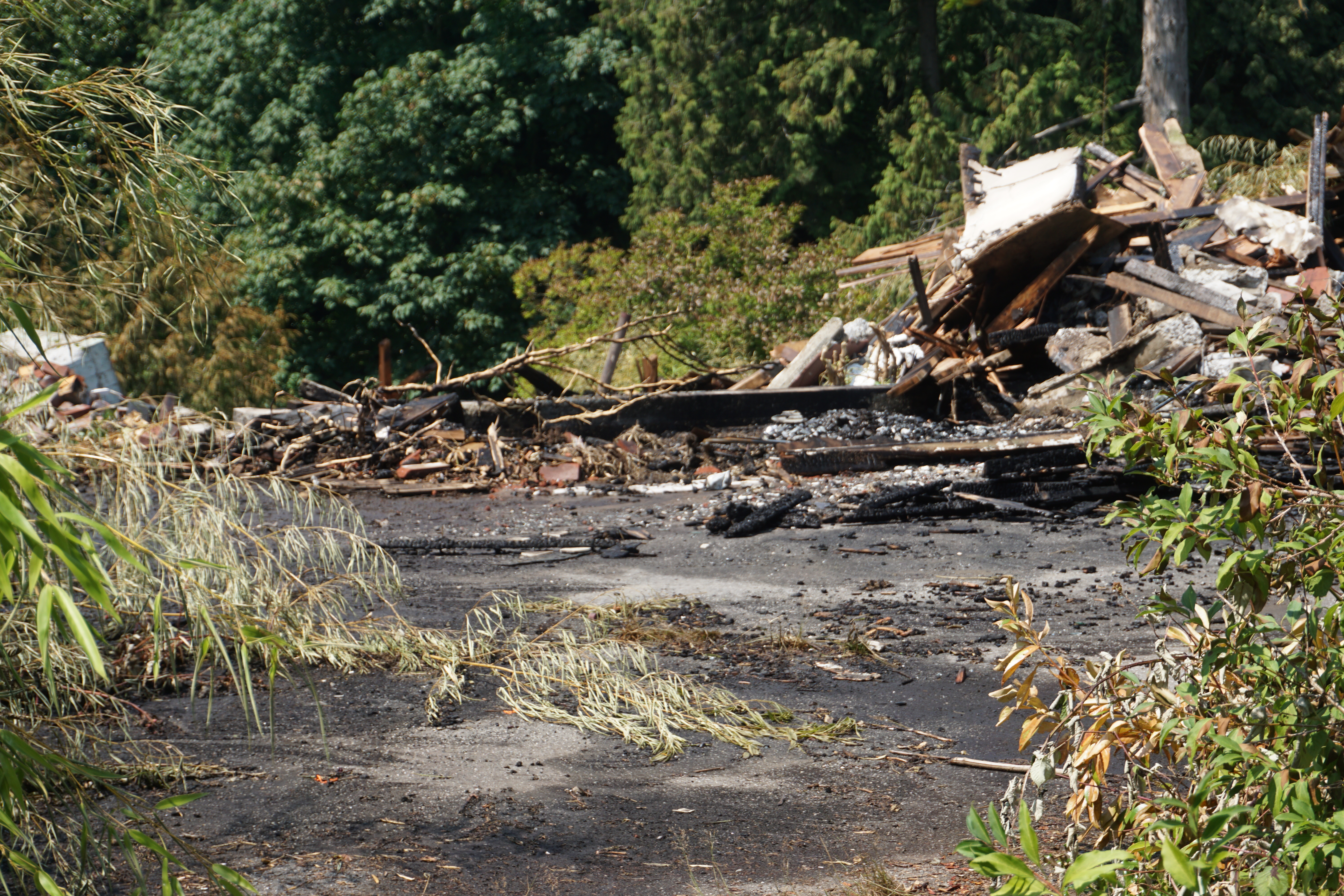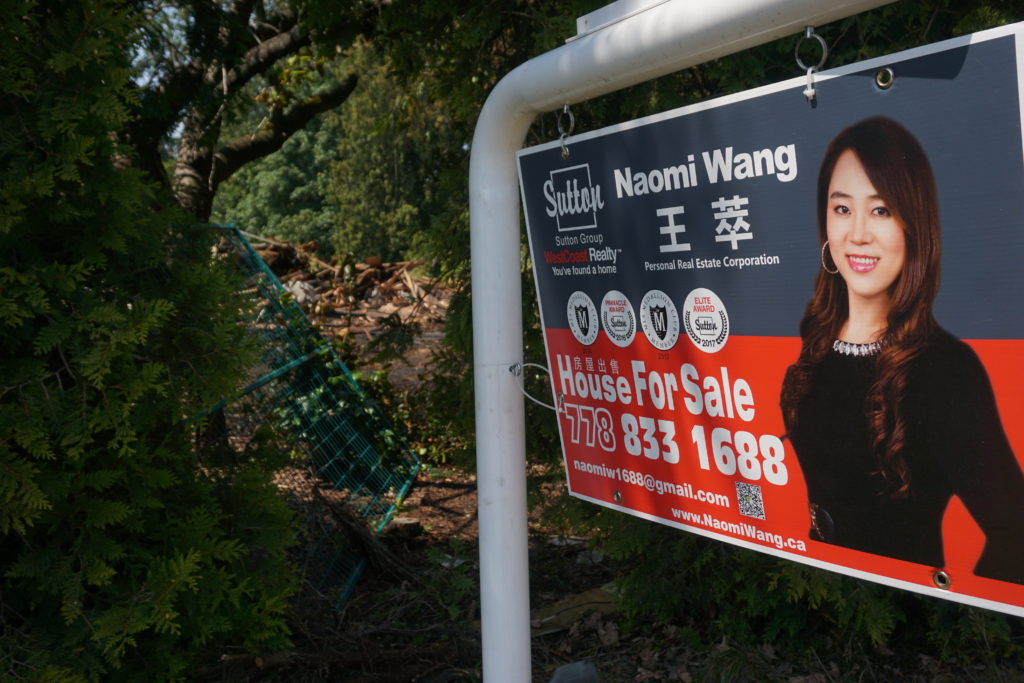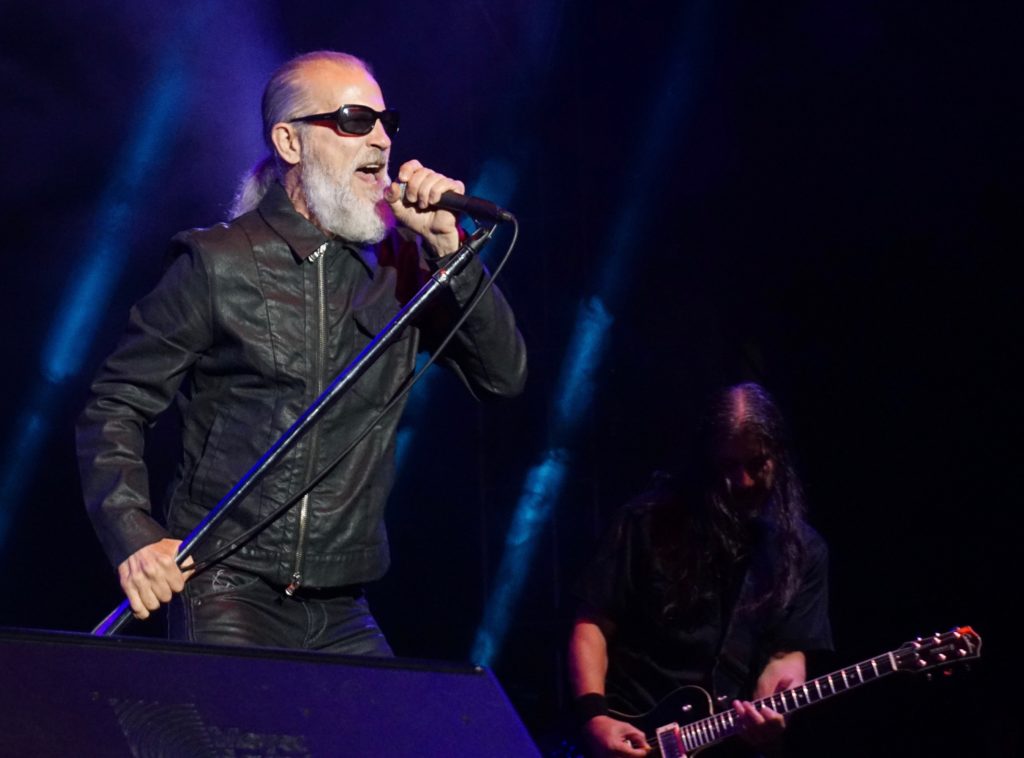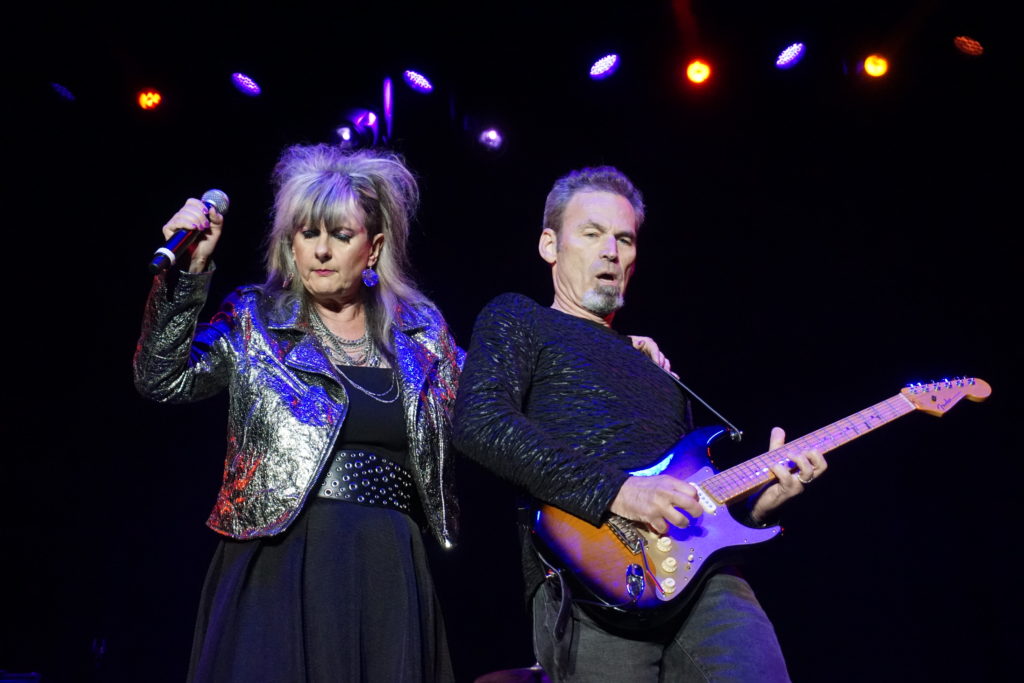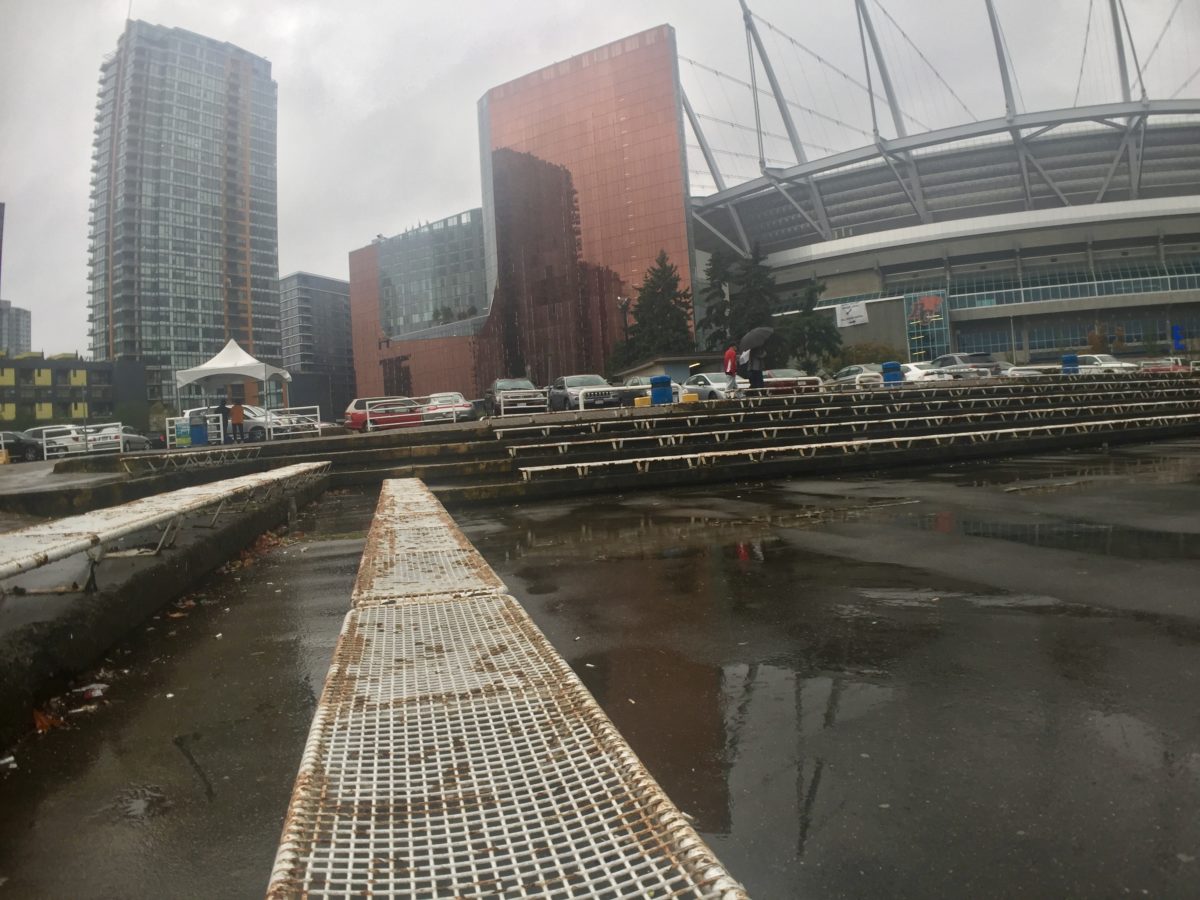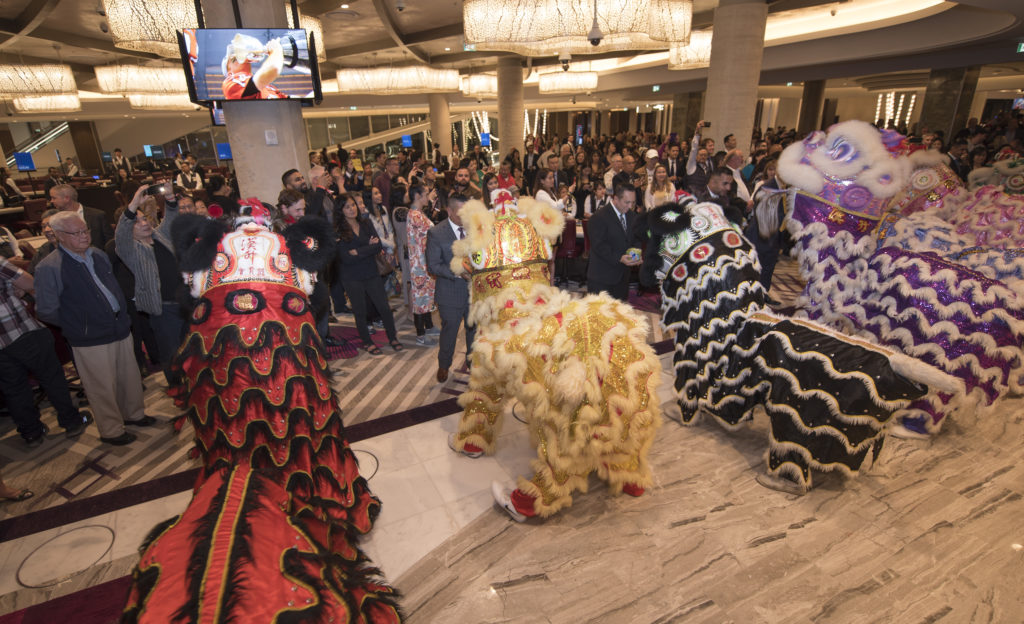Exclusive: Pro-development lobbyist Geoghegan aims to defeat Helps for Victoria mayoralty
Bob Mackin
The latest entrant in the race to unseat Lisa Helps as mayor of Victoria in the Oct. 20 civic election is a lobbyist who wants to push the pause button on bike lanes, but press fast forward on affordable housing.
Michael Geoghegan, 52, will announce his campaign on Sept. 5 in the shadow of the Parliament Buildings, where he came to work as a ministerial aide in the Mike Harcourt NDP government in the early 1990s. Since 1996, Geoghegan has lobbied municipal, provincial and the federal officials on behalf of a variety of clients, including the Council of Construction Trades Associations, Electrical Contractors Association of B.C., and Mortgage Brokers Association of B.C. He was asked why the public should trust a lobbyist to run city hall.
“If you want to build more housing you pretty much need to vote for the guy who has got the connections to the housing sector to deliver that. For the rest of them it’s just a talking point, it’s not reality,” Geoghegan told theBreaker.
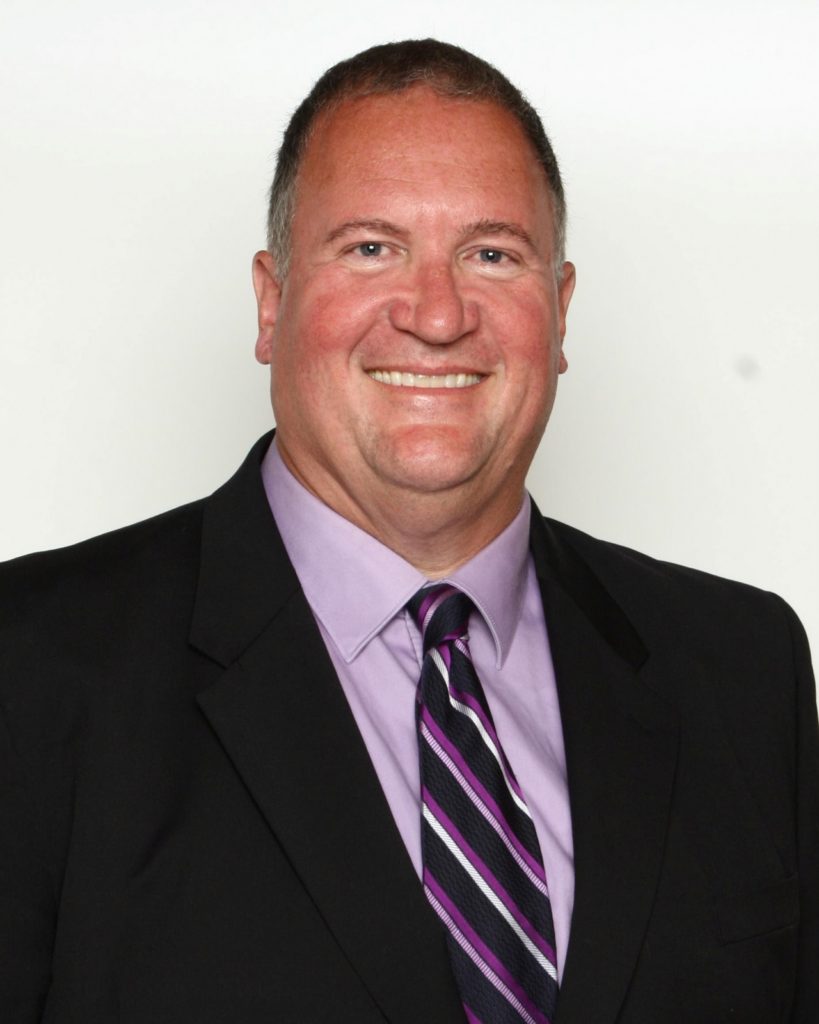
Michael Geoghegan
“You can bet I will be using all those connections with one clear objective: increase the supply of affordable and low income housing. It’s not about me giving favours to X, Y and Z, it’s how can I increase the inventory.”
Geoghegan said that, if elected, he would quit his lobbying business and be a full-time mayor. He is open to the concept of a municipal lobbyist registry, like the ones that he applied to federally and provincially.
“Everyone is going to be treated with fairness, my number one loyalty is to the young couple who is looking for somewhere to live to raise a family, my loyalty is to the working person who can’t afford a place to live and needs a place to rent. That’s my number one loyalty.”
Geoghegan said the application process for residential housing needs to be streamlined to lessen delays and costs faced by developers. He points to Victoria suburb Langford as an example of less red tape and quicker approvals.
He fears that, without those changes, Victoria will become more like parts of Vancouver, “where you have neighbourhoods and entire runs of houses absent for most months of the year. Meanwhile we’re going to have parks full of people in tents and in campers on side streets. That’s a pretty dystopian, third world kind of city that I certainly wouldn’t want to live in. But that’s where we’re headed.”
Geoghegan also points to the downtown Victoria bike lane network, which has doubled in price to $14.5 million under Helps and could wind-up being more than $20 million. Geoghegan said he cycles to his Monday morning show on CFAX radio, but said dedicated routes should be relocated to secondary streets. He is taking aim at a planned bike lane down Wharf Street that would impede traffic going to and from the Harbour Air seaplane terminal. Floatplanes are integral to the business of government between downtown Vancouver and downtown Victoria, he said.
Helps made national news in August for ramming through the removal from city hall of the Sir John A. Macdonald statue with little public input. Geoghegan said he wants to take the 1982 work of sculptor John Dann out of storage and display it on the grounds of the Empress Hotel, Legislature or Beacon Hill Park because the good, bad and ugly of B.C.’s past should not be forgotten. “We need to own our history,” he said.
“We didn’t have a statue of him at city hall in terms of celebrating any of the things he did wrong, it was simply noting the interesting historical fact that for one of his terms in office he actually, technically was the MP from Victoria while he was the Prime Minister in Ottawa. We should relocate that statue and, maybe, to put it in its proper context, maybe we should have a statue of [Port Alberni-born] Kim Campbell there. She was also a Prime Minister from British Columbia. B.C. has a somewhat tenuous relationship in terms of electing prime ministers. John Turner was briefly Prime Minister of Canada as well.”
Geoghegan has served on the Langford planning and zoning committee and finished fourth in last fall’s Saanich city council by-election.
His platform also includes a free annual pass to city recreational facilities for children 18 and under, improving street light timing to enable better flow of vehicles, and a one-time fee for business licences to replace annual renewals.
Geoghegan and five others are vying to defeat Helps, who was elected in 2014. Candidates have until Sept. 14 to file papers with city hall.
Support theBreaker.news for as low as $2 a month on Patreon. Find out how. Click here.
Bob Mackin The latest entrant in the






